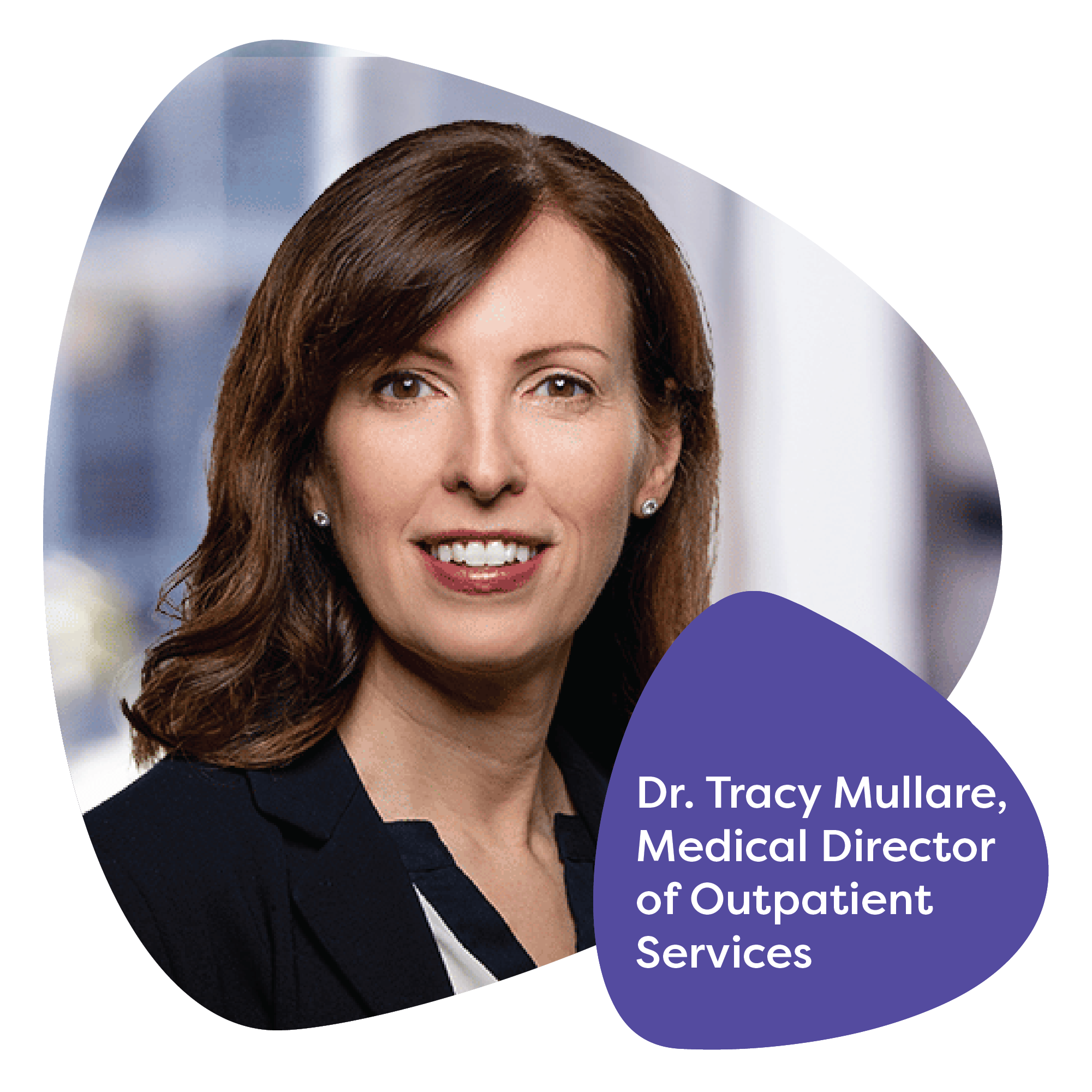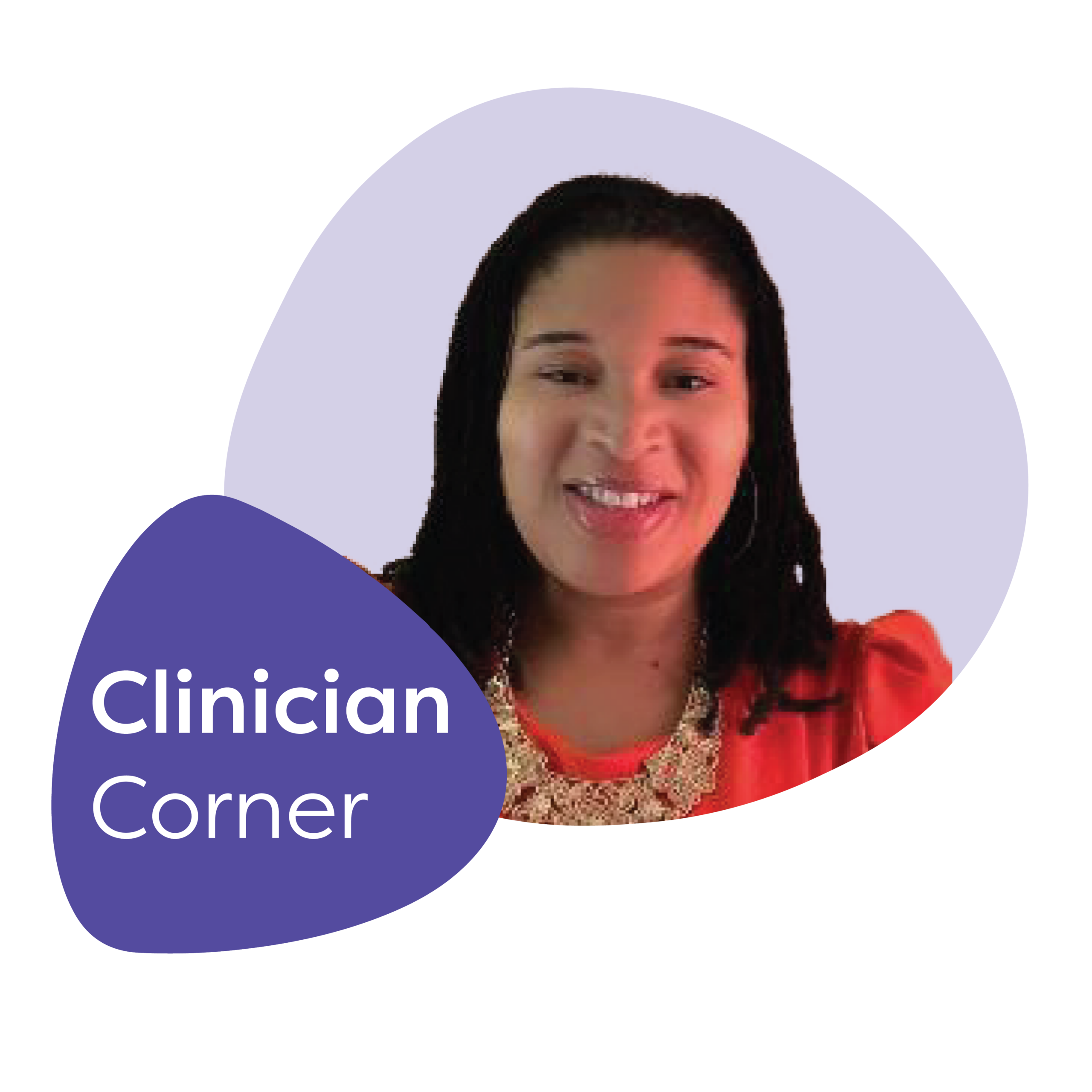In June 2024, Surgeon General Dr. Vivek H. Murthy called for warning labels on social media platforms, highlighting their potential mental health effects on children and adolescents.
In his essay written for The New York Times, Dr. Murthy wrote, “Children who spend more than three hours a day on social media face double the risk of anxiety and depression symptoms.” He also noted that, in the summer of 2023, the average daily use was 4.8 hours.
Dr. Murthy shared research from Boston Children’s Digital Wellness Lab revealing nearly half of all adolescents find social media makes them feel worse about their bodies.
As Medical Director of Outpatient Services at Iris Telehealth and a child psychiatrist, I’m passionate about helping children and families get the behavioral health support they need and find a healthy balance when it comes to their social media use.
In this piece, I’ll share the pros and cons of social media for teens, my treatment insights, and how telehealth can help support this population.
50% of adolescents check their phones at least every 15 minutes
The 2022 Pulse Survey by Boston Children’s Digital Wellness Lab highlights that 79.4% of adolescents report social media makes them feel socially connected and emotionally supported (69%) by their peers.
While social media provides a space for connection and creativity, it also poses risks for the mental health of children and adolescents.
This same survey found that:
- Nearly 50% of adolescents surveyed check their phones at least every 15 minutes
- 57.1% of adolescents feel fatigued and 47% report headaches following their daily social media use
- 52% of young adults said screen time interfered with family time a little or a lot
Adolescents may encounter content they’re not ready for online, experience bullying, or struggle with transitioning from the continuous stimuli of social media to tasks like homework. Additionally, social media can keep them from activities they could be exploring – whether that be sports or an outside interest.
If you’re working with an adolescent who is finding difficulty striking the right balance or relationship with social media, there are strategies you can leverage to help support a healthly and sustainable relationship with these platforms.
Online interactions should be treated with the same value as in-person conversations
It’s important to educate both parents and children on social media. Often, parents have many questions because it is a new territory for everyone.
If you’re a provider or organization working with families, here are a few strategies and considerations we recommend sharing with families:
- Discuss social media etiquette: Ask parents to discuss social media etiquette and explain that online interactions should be treated with the same value as in-person conversations.
- Set proactive boundaries: Recommend they learn what platforms their child is using and how often they’re using them. Setting time limits and monitoring usage can help set boundaries. For example, it might be beneficial to unplug over night or during dinner time.
- Keep the conversation going: Encourage them to keep an open dialogue with their child about social media activities. They might ask them what role social media is playing in their lives. They can also ask what their kids are doing offline to ensure a healthy balance.
For parents, there’s a lot to be aware of and education is essential. There are a lot of things online that kids need to be protected from and it’s important to encourage parents to stay-in-the-know about their children’s social media use.
Screening for social media exposures can provide helpful insights into the patient’s wellbeing
When screening children and adolescents, I always include questions about social media exposure. For example, do they have their phone in their room at night? Social media can disrupt sleep and some children may get notifications while trying to rest.

According to The Pulse Survey, 63.3% said that screen media use interfered with sleep either a little or a lot.
When I screen for trauma, I also include questions about exposures while on social media. These exposures may include being bullied or using bullying behavior, or exposures to violent or mature content that a child is not developmentally equipped to process.
Additionally, I screen for amount of time on social media and the role it plays in social development. I have worked with children and teens who have had great behavioral difficulty with parental attempts to limit excessive social media use.
I have encountered cases where the threat of losing social media access and accompanying social outlets has led to suicidal ideation and inpatient admissions.
Social media is impactful to a child or young adult, and they may feel losing it as a great loss. I frequently revisit the topic of social media with parents as what’s available online to our children evolves daily. I encourage parents to be proactive and set limits on social media behaviors early.
Telehealth offers support and helps establish rapport in a safe environment
At Iris Telehealth, our providers focus on building rapport with patients and meeting in a virtual environment is familiar and can be beneficial to young patients.
Dr. Maria Lopez-Rosario, Iris Telehealth Provider
I usually try to see the patient alone, but if the parent is around, they might say, ‘Okay, I’m going to write this in the chat because I don’t want anybody to hear it.’ And they’ll write something like, ‘I have a girlfriend.’
It’s more private and chat doesn’t make it personal. I’m still getting all the information in whatever way they like to give it to me. Being virtual gives you a lot more options than being in person.
Telehealth can model a positive example of online interactions and highlight the importance of being consistent with how we behave on and off social media.
It can also create a safe space for patients.
As lives grow busier, telehealth can more easily fit into a young person’s schedule and make getting care more convenient.
Where Iris Telehealth fits in
Social media’s impact on mental health is an important topic for families and organizations all over the country. Whether families are seeking resources for pediatric behavioral health or information on social media and teens, finding the right resources for comprehensive support can make all the difference.
If you’d like to learn more about the work we do with this population, please contact us today!
To stay in the loop with all things happening in the behavioral health industry, be sure to sign-up for our newsletter Iris Messenger here.




